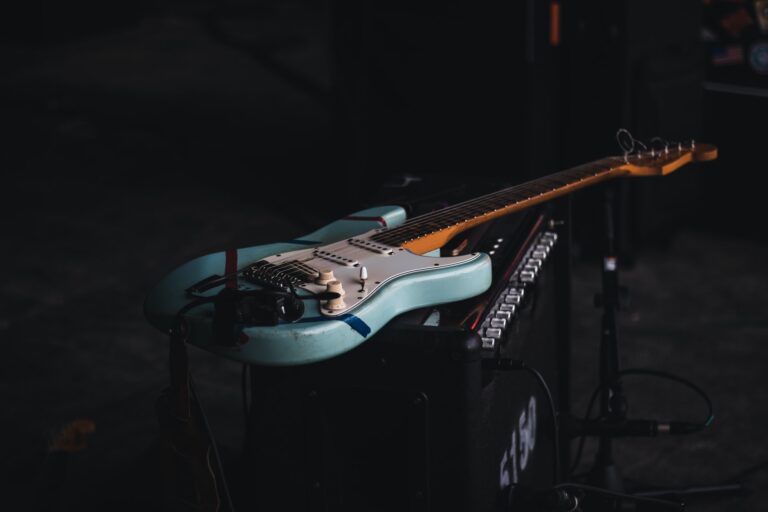What are music royalties-
Music royalties are compensatory payments made to the creators of a music audio track (songwriters, composers, recording artists, and their respective representatives) in exchange for the certified legal use of their music. These royalties are paid out via means of establishments where the music is played (from TV channels, radio stations and venues to streaming systems and beyond), and gathered on behalf of rights holders via means of middleman bodies — maximum of the time. Sometimes, the person pays out the royalties at once to rights holders — if we’re speaking about the primary music/record label accumulating it’s streaming payouts, for example.
Different types of royalties-
Streaming royalties-
Streaming royalties are paid to music labels and recording artists every time a person performs their songs on live streaming platforms, like Spotify, YouTube, Apple Music, and more.
Streaming royalties are pretty new as a concept. They are more of an evolved version of mechanical royalties.
But in contrast to mechanical royalties, streaming royalties don’t have a decided or uniform rate. Each platform will pay a unique sum in line with numerous factors.
Neighboring royalties-
Neighboring royalties are paid out to the copyright holders of the sound recording/performing artists and/or recording labels. So, from a legislative perspective, they take a seat down subsequent to overall performance rights — as a result the term neighboring rights.
Neighboring rights are accumulated by PROs of their respective markets, after which they are disbursed to sound recording owners. That is, if a mixture of the recording artist’s nationality, public overall performance type, and country, in which the recording has been created, makes the general public overall performance eligible for neighboring royalties collection.
Digital performance royalties-
Digital performance royalties are paid to the record labels and recording artists whenever their master record is played on non-interactive and non-live streaming services, such as Pandora, Sirius XM, cable TV, etc. Just like streaming royalties, there is no fixed pay. Pay depends on various factors like location, timings and so on.
Sync licensing fees-
Sync royalties are paid to each composition and master record proprietors whilst their tracks are included in movies, TV shows, commercials, video games, and other platforms.
The manufacturing agency pays the sync prices at once to the songwriters, publishers, recording artists, and music record labels.
Public performance royalties-
These are paid to the creators- songwriters, producers, composers and so on when their tracks are played publicly. For instance at concerts, bars, night clubs, gyms, malls and other public places.
Mechanical royalties-
Mechanical Royalties are generated through physical or virtual replica and distribution of your copyrighted music. This applies to all track codecs that are old and new which include vinyl, CD, cassette, virtual downloads, and streaming services. For example, music record labels pay a mechanical royalty to a songwriter on every occasion they reproduce and promote a CD of their track.

CEO,
Beatoven.ai

